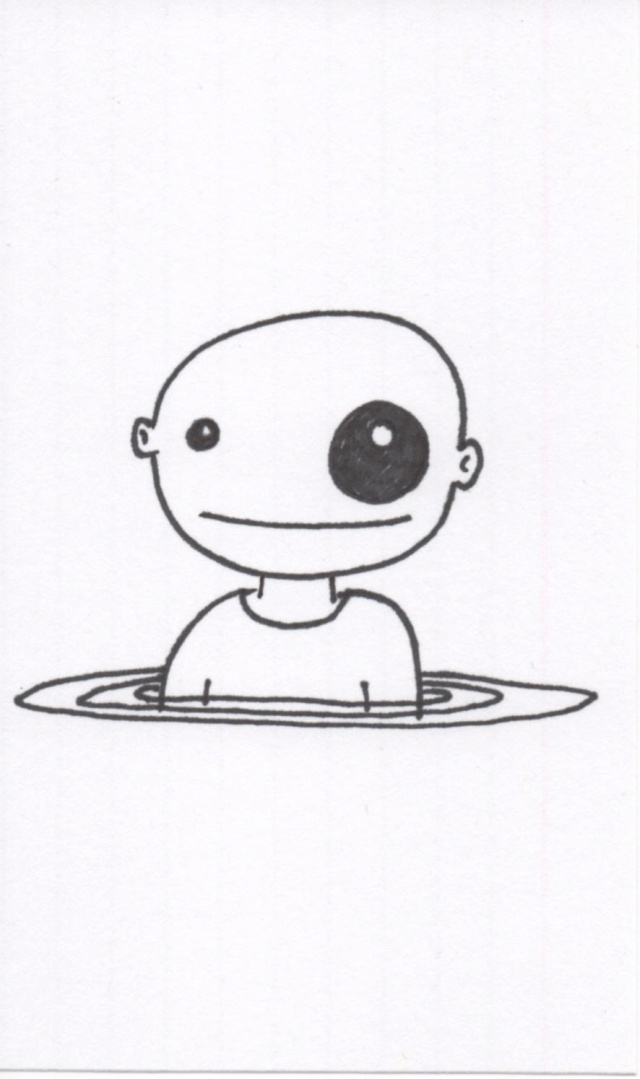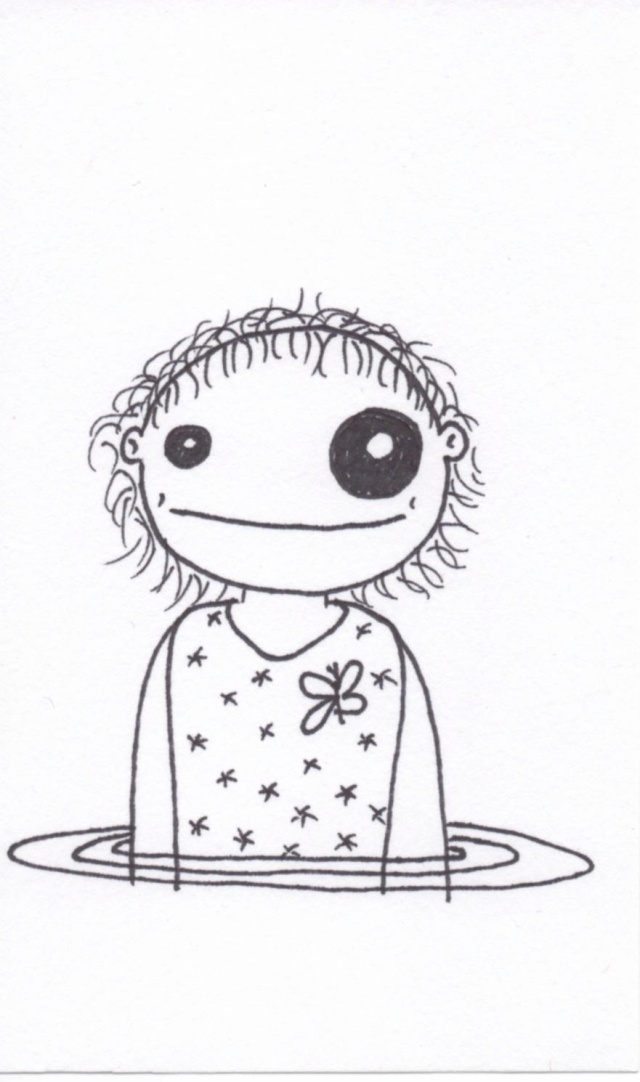
When my wife and I announced that we were having a third child, people would look at our two daughters and then ask me, “Are you hoping for your boy?”
The question annoyed me. It presumed so much: That I was dissatisfied with the girls. That a boy would somehow be more mine than my daughters are. That there’s a proprietary angle to our children. That dads need sons.
We chose to wait until we actually saw the baby to find out whether we were having a boy or girl, and I subsequently worried my way through the pregnancy.
Over the last several years, I’d developed a sense of myself as a good dad for daughters. I attended tea parties and gladly visited imaginary hair and beauty salons, all while championing my girls’ simultaneous desires to get muddy and rowdy, their dreams of being entomologists, and their rights to pursue whatever paths they chose, regardless of sex or gender. I proudly told people that they were the sorts of girls who liked putting on princess dresses before they climbed up on rocks and jumped off. I wrestle with them. I love camping with them. I enjoy the makeovers they give me.
I also not-so-secretly worried that I wouldn’t know what to do with a boy, protesting that I’m not an athlete, not a typical “guy”—to which my wife pointed out that I was being just a tad sexist. My firstborn, after all, shows all the signs of being competitive, physical, coordinated, and eager to take up sports, and I have no worries about my future interactions with her. I was also raised under a model of unconditional support; my rec-major dad and super-active mom—both of whom have participated in team and individual sports my whole life—never failed to attend one of my ballet recitals or musical theater performances. Of course I will make every effort to try to understand whatever activities any of my children choose to pick up.
And then he arrived. I was convinced we were having another girl. But here was this additional XY in the house, and I found myself quickly admitting that, yes, I’m glad I now have a son. Part of me feels guilty in such an admission—but my wife, correct as usual, points out that I can be happy with daughters and a son. For different reasons. And I am.
So I’m working on not being ashamed to say that I’m thrilled to have this little guy in my life, one who already likes to watch me shave. I’ll teach him how to do the same, someday—and he’ll need to do it often. I’ll teach him how to tie a tie, if that’s his style. I’ll teach him about healthy relationships, and respecting women, and masculinity that has a positive impact on society. I hope. I’ll try.
I call him Mr. Dude or Mr. Boy, and I have only recently admitted that I am glad that there’s another person in this family who will—I think, anyway—someday see the world from a similar perspective to mine.
I don’t know any of that for sure, but I do know that he is my boy—as much as my daughters are my girls. And that’s OK.
What do you think?


